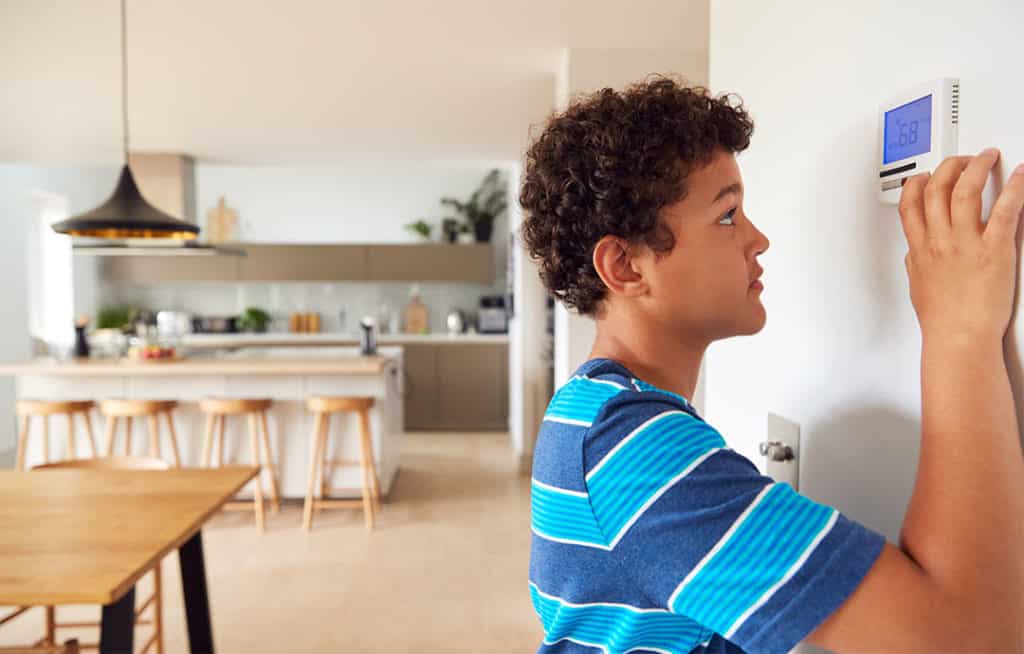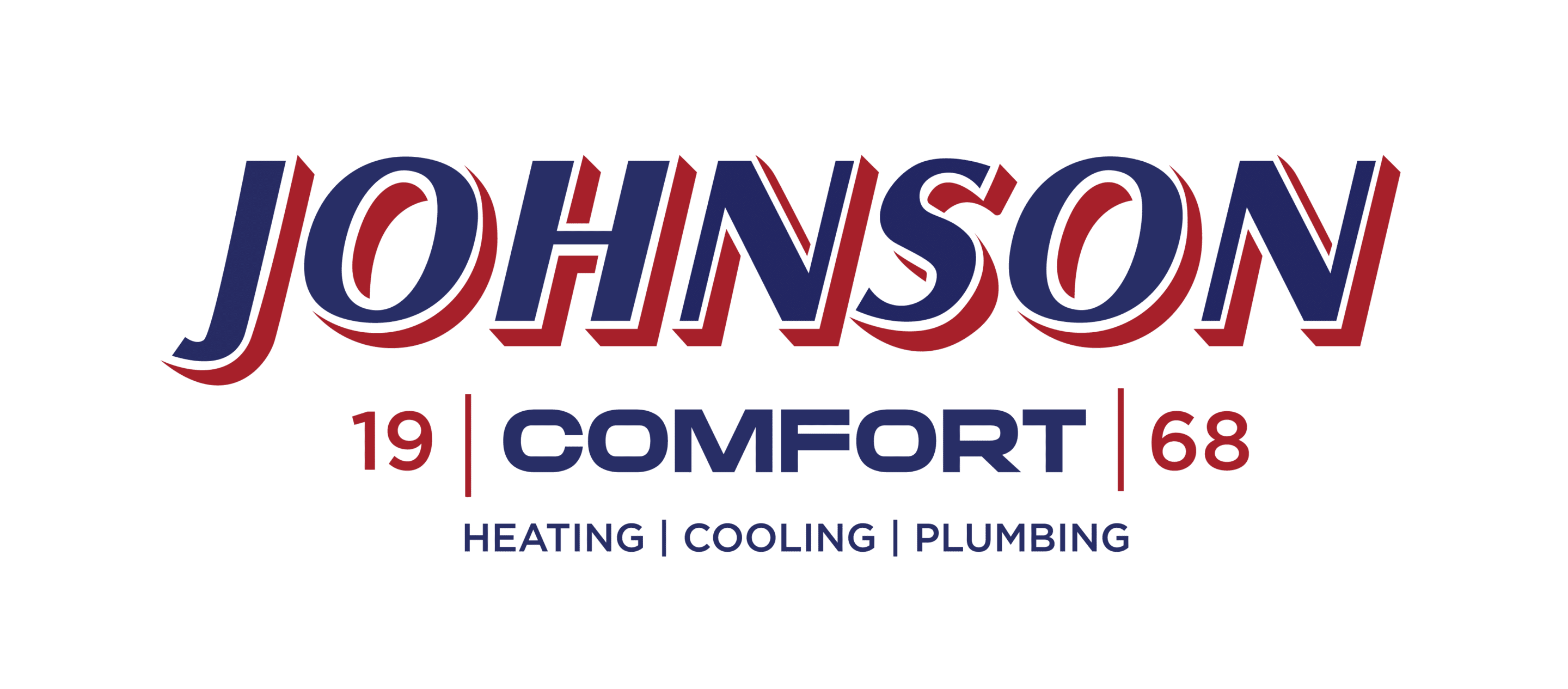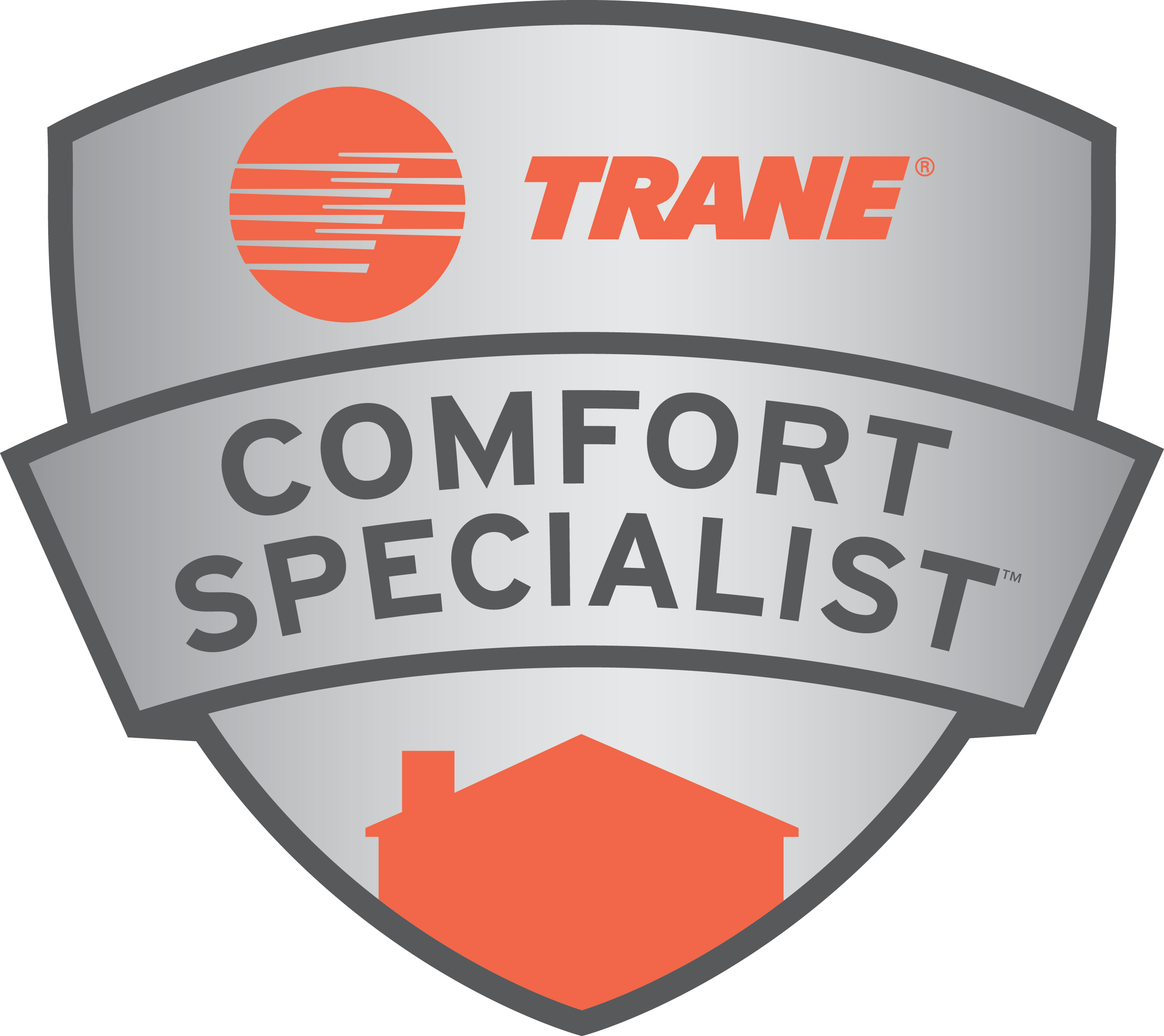An HVAC—heating, ventilation, and air conditioning system—is a great invention built to heat, ventilate and cool air. These systems are much more complex than you may think, but there are many elements within the unit to make it work the way it does. 
An air conditioner’s purpose is to blow cool air into your indoor space. Some people assume that because air conditioners process air somehow, they automatically improve the indoor air quality and pump out clean air—this isn’t exactly the case. While air conditioners do have a filter built within their system, it’s best not to throw away your air purifier just yet because an AC unit does not improve health conditions like a true purifier can do.
How Air Conditioners Work
An air conditioner works to control the temperature within a particular area. It’s the go-to solution when the outdoor temperature reaches a certain level of heat. The AC works to keep you and your family comfortable. The system takes the warm indoor air and blows it across the cooling coil within the unit; the air is then changed to cooler air and is released back into space. Another part of the AC unit, usually located outside the home, takes the heat and humidity from the indoor air and moves it outdoors.
Upon entering the AC unit, the indoor air is filtered. The filter within the unit is used as protection from pollution. It traps any pollutant or allergen in the air so that the air being pushed back out of the unit after being cooled is somewhat clean. There are different types of filters that you can purchase that have different levels of filtration of particulates.
If the filter within the unit is dirty, filled with too many pollutants, and possibly covered in mold, that filthy air is still being cooled but is being blown back indoors without being cleaned properly. A dirty filter can cause serious problems, especially for chronic health conditions, such as asthma or allergies. Not to mention, the dirty filter can cause blockages which can become hazardous.
The evaporator coils within the AC unit should also be kept clean. A dirty evaporator coil makes it more difficult for the unit to clean the air as it limits airflow. Dirt can cause the evaporator coils to corrode, which can lead to refrigerant leaks. The refrigerant is gas within the unit that is used to cool the air. A leak of this can cause severe problems for those who inhale it.
While an AC unit can better the air quality within a home, it is only a first line of defense and should not be used as the only form of air purification because that’s not its true purpose. If you live in an area with more hazardous air quality, you should not only rely on your AC unit alone. You can use the United States Environmental Protection Agency’s data to check the air quality near you.
Outdoor Pollution vs. Indoor Pollution
Pollution is the introduction of harmful or poisonous particulates into the natural environment. An air conditioner produces chilled air within a particular space. Most air conditioners are set to take in indoor air; they generally do not take in air from outdoors. However, there are plenty of pollutants found in the home, and the air from outside can quickly get indoors. Ensure your AC unit is set to recirculate to ensure that it is not taking in air from outside.
Using the air from indoors keeps you from being exposed to too much outdoor pollution, but there is still exposure inside your home. Pollution within the home could come from a pet, candles, gas stoves, dust particulates, and even excessive moisture. There is only so much you can do to keep your air clean. Some symptoms that someone may experience after breathing in polluted air are a runny nose, irritated eye, or coughing. However, pollution can also produce more severe issues, such as bronchitis or respiratory system irritation.
Creating a Healthy Indoor Environment
The first step you should take to keep your indoor air as clean as possible is by replacing and cleaning the filter in your AC unit. Most HVAC professionals recommend changing the filter every six months.
It’s safer to check it and clean it when you see any buildup on the filter. Ensure you are checking your filter before the time of year when the pollutants and allergens are at their highest.
Choose the right filter for your AC unit. There are many different sizes and types of filters to choose from. The MERV rating (Minimum Efficiency Reporting Value) can help you select the best filter for you and your home. Different filters are designed and woven to trap different types of particulates. Evaluate the pollution in your home and the surrounding area to have your filter do the best possible filtering it can.
One of the best ways to ensure that your air is being purified to the best of your ability: get an air purifier. Air conditioners are not meant to be air purifiers, and they are not a permanent substitute either. It’s a common misconception that an AC unit can be a replacement for an air purifier. An air purifier has only one purpose: to attack pollutants and purify the air; an AC unit’s goal is to cool the air, not clean it.
In addition, avoid smoking indoors. The smoke causes the AC filter to get dirtier, quicker. Ensure that any appliances that use gas aren’t oozing extra gas into the air, as well.
Clean your space often. A vacuum may seem like the easiest and best form of cleaning, but sometimes a vacuum can move settled dust and pollutants around and not eliminate them. Use a duster or a wet cloth.
Get In Touch With A Hometown Technician
If you need help getting the best performance out of your HVAC system, Johnson Heating, Cooling, and Plumbing has a hometown technician for you. Our team serves Greenwood, Franklin, and surrounding Central Indiana locations. We can help you replace your filter, install an air purifier and perform regular maintenance on your AC unit. Call us at 317-203-9139.



